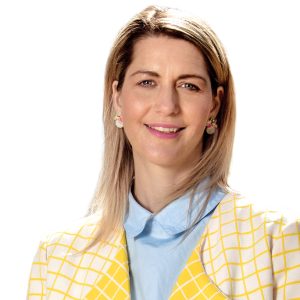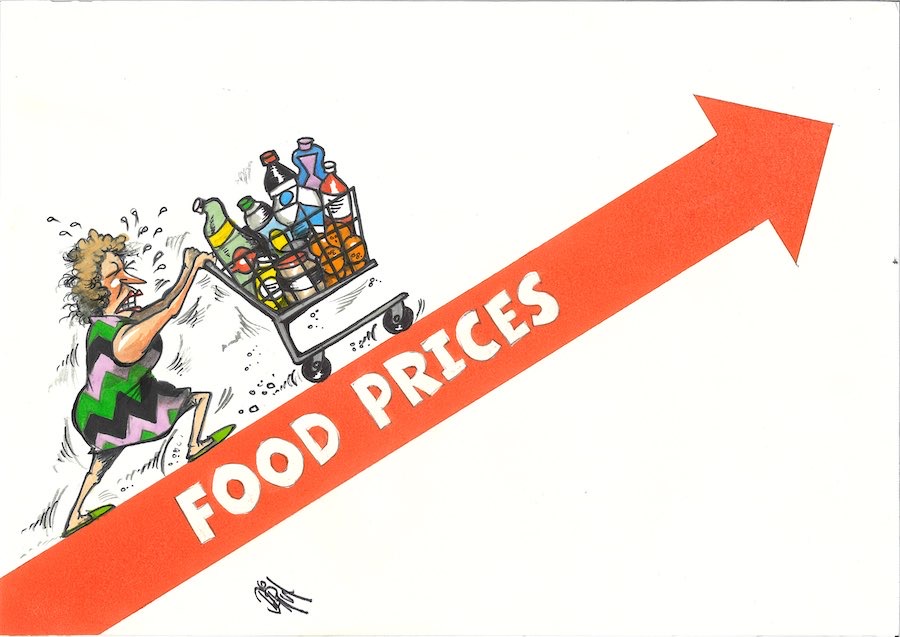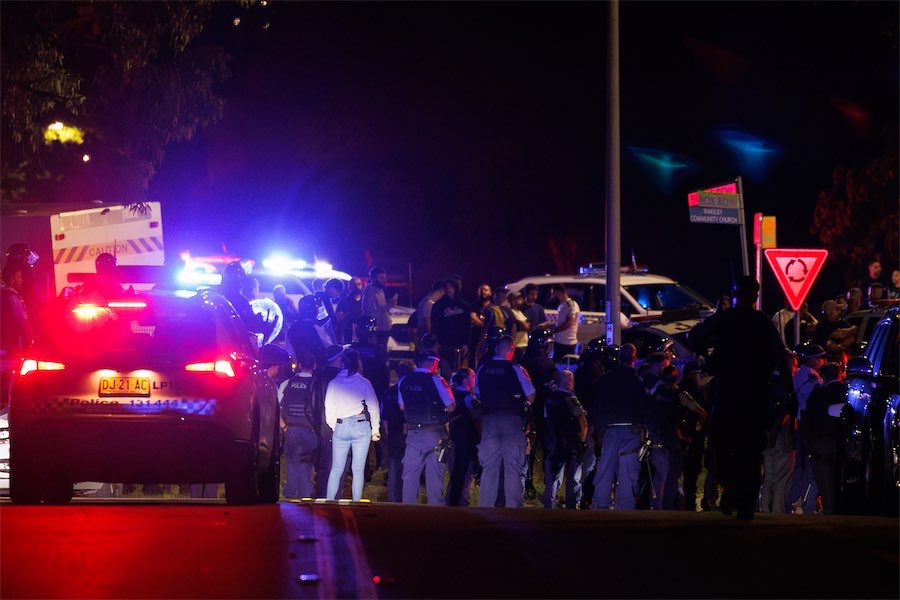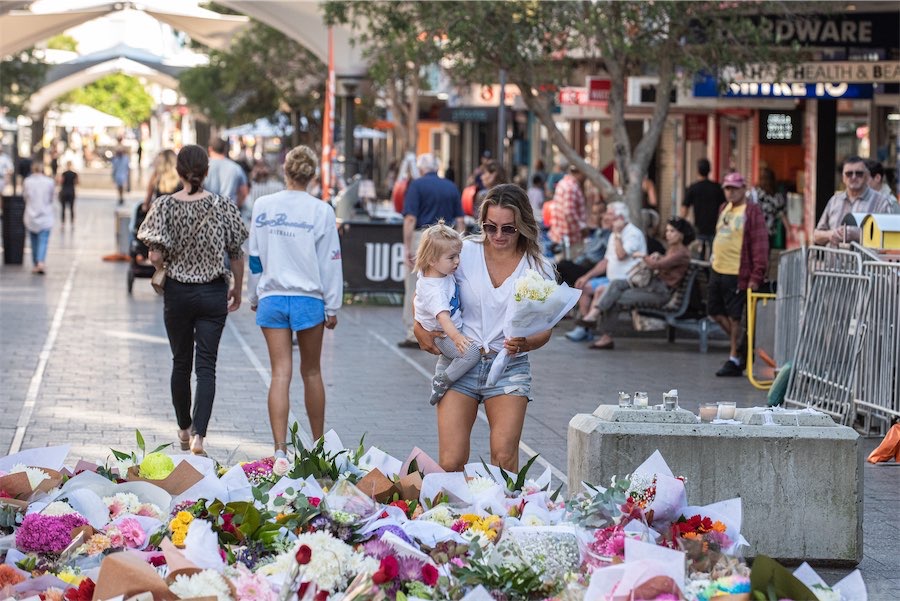
The ACT Election Commission estimates that as many as four in five people will cast their vote before polling day on October 17, which raises some interesting campaign questions as BELINDA STRAHORN reports.
CALL me old fashioned, but I get a kick from casting my vote on polling day.
My first vote was in 2001, when John Howard stormed into victory again. It was Howard’s third consecutive win and after losing considerable ground in the 1998 election, the government increased its majority in 2001.
I’ll always cherish the feeling of being old enough to enter a booth and cast my vote. My mum was working at a local country polling booth at the time, a small booth that had taken up residence for the day in a humble CWA hall, a much-loved place that’s housed dances, supper clubs and concerts over the years.
Once I’d cast my vote I felt like I had completed an important rite of passage, I was ready to engage in the country’s future as an adult. It remains a fond memory and was a great feeling at the time. And that excitement has never gone away.
Like a lot of traditions, voting is changing over time and covid has hastened the move away from voting on the day.
Pre-polling has come of age. It opens for the ACT election on September 28 and research has found that early voters tend to repeat this behaviour at subsequent elections. So chances are if you voted early at last year’s federal election, you’ll probably get your democractic responsibility out of the way as soon as possible this ACT election.
The ACT Election Commission estimates that as many as four in five people will cast their vote before polling day on October 17, meaning voters could have a clear indication of who will be victorious within the hour of booths closing.

Political marketing lecturer at the ANU Dr Andrew Hughes says voting on election day is dying a slow death.
Dr Hughes, who votes early, argues that early voting is a cultural shift, a matter of convenience, where voters can “switch off” once they have exercised their democratic duty.
“People want it out of the way, then they don’t have to listen to the advertising, to read the articles, they can detach from the election and I think we have seen an increase in early voting for that reason, people are disengaging from the process,” Dr Hughes said.
Pre-poll voting reached more than 50 per cent in July’s Eden-Monaro by-election, a trend Dr Hughes foresees this territory election.
“We are all so busy these days and with coronavirus we don’t want to stand in a line and I think that it will be the worst this election in terms of numbers we are going to see at pre polling, because people will be very conscious of getting the virus,” Dr Hughes said.
But the rising number of voters dodging polling booths on election day, means voters miss out on a “democracy sausage”, which can have effects on community groups, who enjoy a financial windfall on the day.
Ian McAllister, distinguished professor of political science at the ANU, says that early voting is fundamentally changing the nature of election campaigns.
“An election campaign is supposed to be an opportunity for a party to put forward a platform and a set of policies and then voters scrutinise them, they question the parties and the candidates about what they are going to do and then they make a choice,” Prof McAllister said.

“All of that is going by the board so the nature of accountability through an election campaign through people voting on a single day is fundamentally changing.”
A potential drawback is that voters, especially those who are not rusted-on supporters, may cast their ballot before all parties have released their policies.
This is problematic, as major parties often put off making big policy announcements until much closer to the election.
“People already know the track record of an incumbent party that forms government, but with an opposition party they have to formulate policies and try to get them publicised and argue the case for them and they would usually do that over the course of a three to four-week election campaign,” Prof McAllister said.
“But if a significant amount of people are voting well before election day they can’t do that, they have to do it much earlier and it becomes more difficult to get their message across.”
Alas, it would be annoying for a voter to hear of a policy they support or oppose after already voting.
Prof McAllister predicts a time, in the not-so-distant future, where voters will revert back to the model of voting on election day, but in a different format.
“What is going to happen in 10 years is internet voting, where everyone will vote on the same day. The problem is the technology is not there in terms of security and convincing voters that it’s secure.”
Who knows what the political landscape will look like then. But for now, I’ll keep leaping out of bed on election day, toddling off to do one of my favourite things – voting at my nearest polling station.
Who can be trusted?
In a world of spin and confusion, there’s never been a more important time to support independent journalism in Canberra.
If you trust our work online and want to enforce the power of independent voices, I invite you to make a small contribution.
Every dollar of support is invested back into our journalism to help keep citynews.com.au strong and free.
Thank you,
Ian Meikle, editor





Leave a Reply